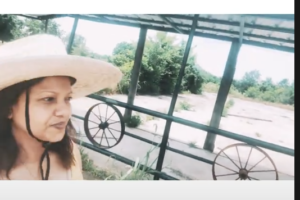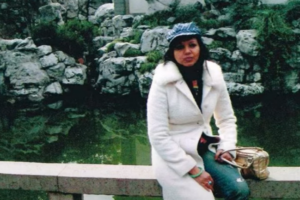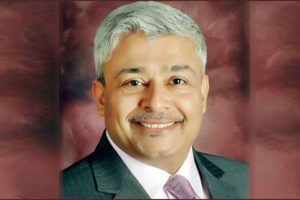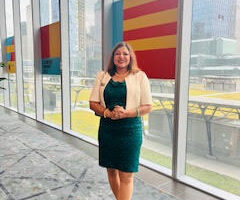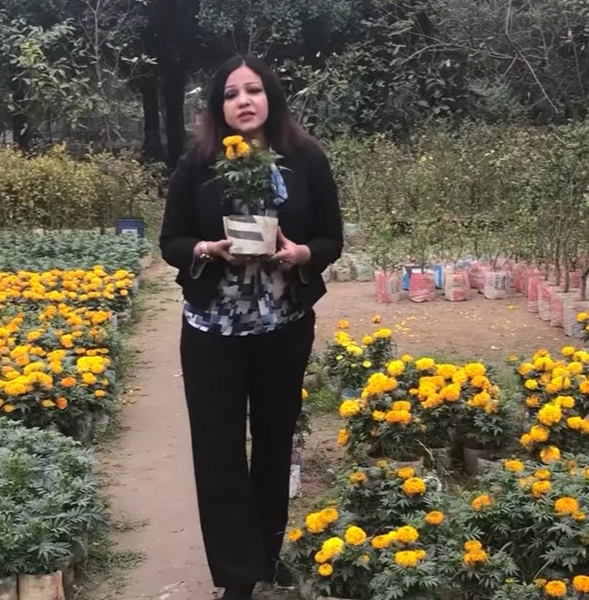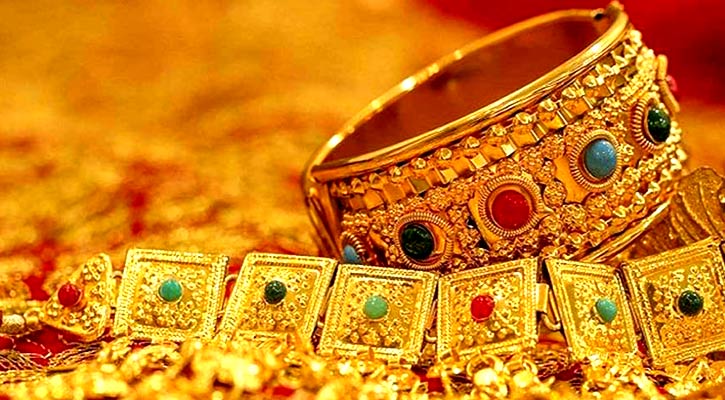Fresh violence erupted around a besieged Hong Kong university campus on Sunday morning, as protesters braced for a possible final police push to clear them after fiery clashes overnight.
Huge fires had lit up the night sky at Hong Kong Polytechnic University in Kowloon district hours earlier as protesters hurled petrol bombs, some by catapult, and police fired volleys of tear gas to force them up onto the podium of the red-brick campus.
After a few quiet hours as protesters slept on lawns and in the university library, police fired fresh rounds of teargas shortly after 10am. Activists hurled petrol bombs in return, some igniting trees outside the campus.
Hours earlier, squads of Chinese soldiers dressed in shorts and T-shirts, some carrying red plastic buckets or brooms, emerged from their barracks in a rare public appearance to help residents clear debris blocking key roads.
Parts of the campus looked more like a fortress on Sunday morning, with barricades and black-clad protesters manning the ramparts with improvised weapons like bricks, crates of fire bombs, and bows and arrows at the ready.
The campus is the last of five universities to be occupied, with activists using it as a base to continue to block the city’s central cross-harbour road tunnel.
The presence of China’s People’s Liberation Army (PLA) soldiers on the streets, even to help clean up, could stoke further controversy over Hong Kong’s autonomous status at a time many fear Beijing is tightening its grip on the city.
Hong Kong did not request assistance from the PLA and the military initiated the operation as a “voluntary community activity”, a spokesman for the city’s government said.
Pro-democracy lawmakers condemned the PLA’s actions in a joint statement, warning that under the city’s Garrison Law the military must not interfere in local affairs unless it was asked by the government to help with disaster relief or public order, government-funded broadcaster RTHK reported.
The Asian financial hub has been rocked by months of demonstrations, with many people angry at perceived Communist Party meddling in the former British colony, which was guaranteed its freedoms when it returned to Chinese rule in 1997.
Beijing denies interfering and has blamed the unrest on foreign influences.
Clashes between protesters and police have become increasingly violent in the Chinese-ruled city, which is grappling with its biggest political crisis in decades.
The demonstrations pose the gravest popular challenge to Chinese President Xi Jinping since he came to power in 2012.
Source: globalnews.ca





